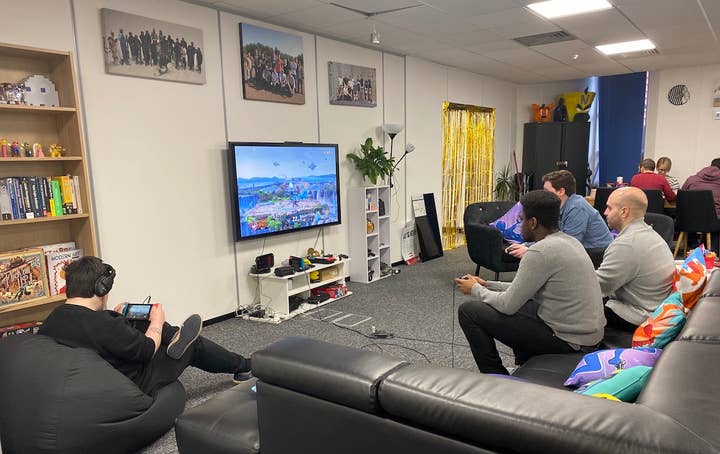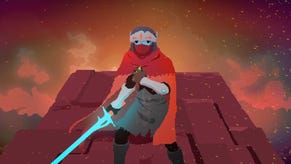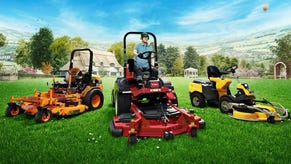How to build a games studio free of toxicity
Toxic work environments are rife in the games industry -- Kwalee's Simon Platt shares five tips on building an ego-free workplace
The games industry can be a difficult world to work in, with workplaces dominated by ego, divisions between teams, and what could on the whole be classed as a toxic work environment.
Throughout my time working in the industry, I've learned what works and what doesn't, and I'm now head of development at a studio that is free of these troubling issues. It needed work, though, and there are definitely things you need to make sure you are in the best position to achieve this. I've compiled what I see as the key factors here.
The right team starts with the right recruitment
When building a team, each and every employee's humility, enthusiasm and attitude matters as much as the quality of their work. I wouldn't want to hire the most skilled programmer in the world if they cannot show humility and are unable to compromise.
Having members of staff behave like this is how teams can become uneven, with more time being pandering to one ego than the collective. You need to hire people with the right attitude, and a commitment to the team rather than just their own goals. This in turn will motivate all members of staff, because their work and praise will drive everyone else forward.
Success and failure should be felt as a department
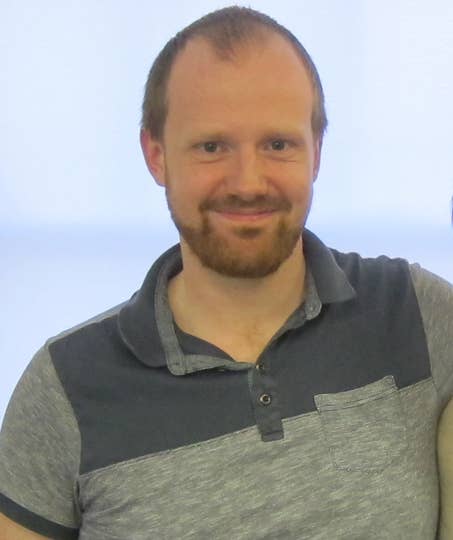
Leading on from building a team with like-minded attitudes, you also need to ensure that there's a sense of camaraderie within the group -- from juniors all the way to seniors.
A way to make sure that this takes place is to set a precedent that success and failure are felt as a whole department, rather than resting on the shoulders of one individual. With this in mind, don't be afraid to give somewhat intimidating work to new starters, as long as you make sure that those around them are rallying to help when needed, and feel responsible for the results. It's not 'their' work, but 'our' work.
To truly make this happen, you need to implement some ways of working:
- Hold discussions with an entire department (not just the leads) in areas such as process and R&D, so that everyone feels a sense of ownership.
- When talking through mistakes or constructive criticism with an individual, bring in another member of the team. This will once again encourage the notion that an individual's mistake is instead the team's mistake, and ensure the conversation is always about finding a solution.
- Encourage communication throughout the team and never punish a lack of focus if it's in the name of helping others.
- Be vocal and regular with complimenting and constructively criticising the efforts of your staff, especially the less experienced. This helps the rest of the team to balance their attention between those who are struggling
Accept that mistakes will be made
Speaking of mistakes, you need to accept that these will happen. The pros of having a team that takes ownership of its work as a whole and is free to test and learn far outweigh the cons of the odd mistake. By accepting that they're going to happen, it also changes the way you might react.
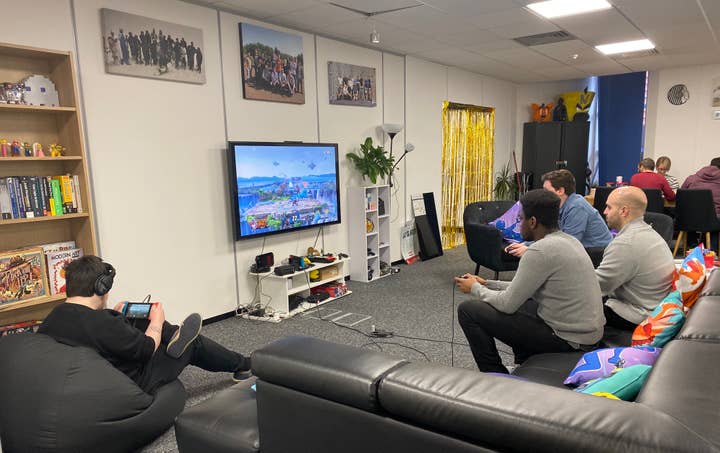
I find that reacting with disappointment and scheduling private meetings in an attempt to teach through intimidation only leads to issues with morale and developers' faith in their own abilities. Instead, when a mistake happens, instill that the expectation is to focus on resolving it, learning and preventing the same thing from happening in the future.
A team that feels safe to make mistakes and 'fail' from time to time is a team that will grow together and, in the long run, develop better ideas. A team that lives in fear of ever 'failing' and making mistakes is going to be a team that stays well within the lines of what they're told to do, and never tries to think outside of the box. That is how toxic working environments proliferate.
Trust is your most valuable commodity
"Each and every employee's humility, enthusiasm and attitude matters as much as the quality of their work"
Hiring the right staff that will grow as a team that succeeds and fails together all goes towards building trust. You'll soon learn that trust is your team's most valuable resource, and if you can build a team that genuinely trusts one another and the decisions they're all making, then you've got the keys to success.
A great way to achieve this is to avoid being a 'middle manager' and promote face-to-face communication. Have your team find the information that they need for themselves, and interact with the departments they need. Actively encouraging this face-to-face communication will avoid the studio becoming siloed, and create paths of trust that will ultimately help to solve problems much quicker.
Make time for everyone and keep trying to educate
Finally, as a studio head or line manager, it comes back to one of the most well-worn rules in the book: if you want to hire people on the understanding that they will respect everyone and work as part of a team, then you should treat them like you would want to be treated.
If a team member of any level wants to discuss something, find the time to hear them out, and improve your ability to quickly isolate their point, feed back, and move on. The feedback is crucial; always be sure to avoid dismissing ideas without any explanation of why. Make sure to explain your thought process, why certain things might not work and encourage more thought on the matter.
Making time for staff feeds back into growing trust and communication in the team. These interactions should be short, honest but always educational, as you try to teach the right questions to ask.
Above all, building an ego-free environment boils down to hiring based not only on skillset but also personality, and then taking the time to build trust within that team and ensure there's never a situation where a single person feels the full weight of responsibility of a task. This way, you'll have a team that shares in success and pulls together when times call for it... Just like the one I'm happy to say we have here at Kwalee.
Simon Platt is head of development at Kwalee and has worked in the games industry for nine years across both QA and development. Kwalee is a leading publisher of hyper-casual games based in Leamington Spa.
